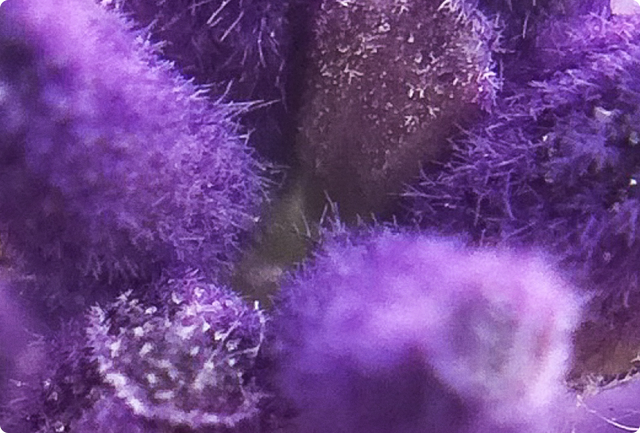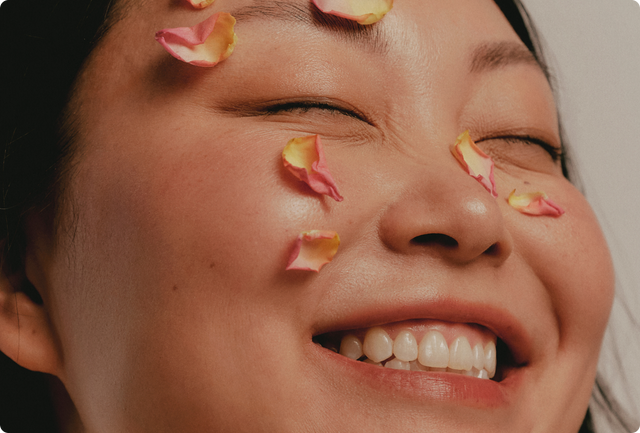About the Ingredient
Shea butter is a creamy, nutrient-rich fat extracted from the nuts of the Vitellaria paradoxa tree, native to sub-Saharan Africa. Traditionally used for skin nourishment and protection, it is revered for its emollient and restorative properties. Rich in triglycerides, vitamins A and E, and a range of phytosterols, shea butter has become a key ingredient in skin and hair care rituals across the globe.
Why You Would Use Shea Butter
- To deeply moisturize and condition dry or irritated skin
- For its antioxidant and anti-inflammatory benefits
- To support skin barrier repair and elasticity
- As a soothing remedy for conditions like eczema, psoriasis, and dermatitis
- To calm sun-exposed skin and reduce redness
- To soften and condition brittle hair and dry scalp
Clinical Findings
| Study | Study Design | Key Findings | Reference |
|
Acceptability in comparison a regular ceramide cream |
34 volunteers |
Shea butter cream showed repair skin and well tolerated by patients compared to benchmark brands using ceramides |
Hon et al., 2015 |
|
Anti-inflammatory Properties |
Literature Review |
Demonstrated to reduce skin inflammation through its bioactive compounds, including triterpene |
Lin et al., 2017 |
|
Composition |
Literature review |
Rich in fatty acids, vitamins E and A, triterpenes, and phenolic antioxidants. |
Lin et al., 2017 |
Behind The Science
Shea butter works on multiple levels to support skin health. Its emollient base—primarily oleic and stearic acids—helps lock in moisture and reinforce the skin’s natural barrier. The presence of cinnamic acid derivatives offers mild UV protection and contributes to anti- inflammatory activity. Shea butter also contains triterpenes (such as lupeol and amyrin) and tocopherols (vitamin E), which work synergistically to neutralize free radicals and reduce cellular oxidative damage.
Its unique blend of fatty acids and non-saponifiable components enables deep penetration without clogging pores, making it suitable for sensitive or reactive skin types.
How and Where It Grows
Shea trees (Vitellaria paradoxa) grow wild across the African savannah in countries such as Ghana, Nigeria, Burkina Faso, and Mali. It can take up to 50 years for a shea tree to mature and produce its full yield of nuts. The butter is traditionally extracted by hand using age-old techniques—roasting, grinding, and churning—then filtered and cooled to create a rich, smooth balm.
Use in Ancient Medicine
Shea butter has long been a staple in African traditional medicine. Used topically to treat wounds, burns, and insect bites, it also served as a base for herbal infusions. Women inrural communities applied it for prenatal massage and to soothe newborn skin, recognizing its deeply protective and nourishing qualities.
Symbolism
Shea butter symbolizes resilience, healing, and the nurturing power of the Earth. It represents the wisdom of traditional knowledge passed down through generations and the ability of nature to restore and protect. In many African cultures, it is considered a sacred offering and an emblem of care and community.
INFORMATION provided is intended for informational purposes only and is not meant to diagnose, treat, cure, or prevent any disease. Statements have not been evaluated by Health Canada or the FDA. Please consult a qualified healthcare provider before using essential oils for therapeutic purposes.
References
- Hon, K L et al. “Patient acceptability, efficacy, and skin biophysiology of a cream and cleanser containing lipid complex with shea butter extract versus a ceramide product for eczema.” Hong Kong medical journal = Xianggang yi xue za zhi vol. 21,5 (2015): 417-25. doi:10.12809/hkmj144472
- Abdulmumeen, Abubakar et al. “Physico-Chemical Properties of Locally Processed Shea Butter (Vitellaria paradoxa) from Parts of Niger State, Nigeria.” Dutse Journal of Pure and Applied Sciences (2024): n. pag.
- Lin, Tzu-Kai et al. “Anti-Inflammatory and Skin Barrier Repair Effects of Topical Application of Some Plant Oils.” International Journal of Molecular Sciences 19 (2017): n. pag.



![Shop Room Sprays [new & improved]](http://www.saje.ca/cdn/shop/files/Nav-Liquid_Sunshine_Room_Spray_V02.jpg?v=1767628581&width=640)



